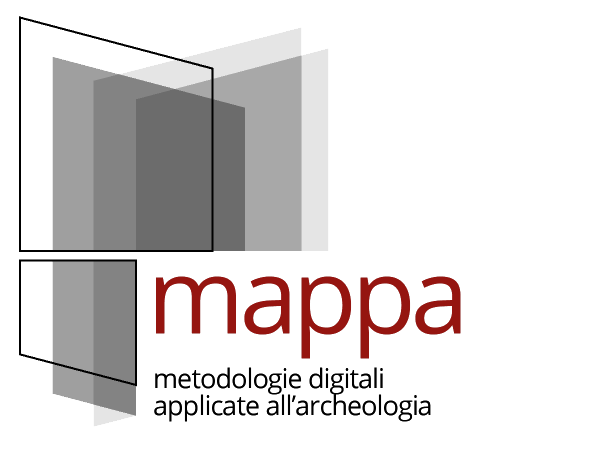Educational
The MAPPA lab dedicates part of its time and its equipment to teaching activities, organising short-term laboratory courses (MiniLab) aimed at increasing the computer literacy of archaeologists and welcoming students inside the laboratory to carry out internships. Here students have the opportunity to learn how to work collaboratively by participating in laboratory activities and acquiring practical skills in Digital Archeology and in particular in the use of archaeological GIS, in the construction and population of databases, in 3D photogrammetry techniques, in NLP and digital communication. The laboratory also organises an international Summer / Winter School dedicated to the most innovative themes of digital archaeology. Seminars held by Italian and foreign professors and experts and third mission activities (meetings, seminars, conferences) held by members of the laboratory for a vast audience of citizens and enthusiasts complete the educational offer.

ARTIFICIAL INTELLIGENCE IN ARCHAEOLOGY
The course, aimed at postgraduate students, seeks to provide a general understanding of Artificial Intelligence techniques used in the field of archaeology. Students will gain a broad and comprehensive knowledge of Artificial Intelligence, including its origins and evolution, the main techniques employed (Machine Learning, Artificial Neural Networks, Deep Learning, Generative AI), and the ethical and social aspects. The course will also cover the analysis of AI applications in
archaeology for site and artefact identification, artefact and text reconstruction, and robotics-related applications. Finally, students will acquire skills related to the creation of a neural network for archaeology and the use of the Python programming language.
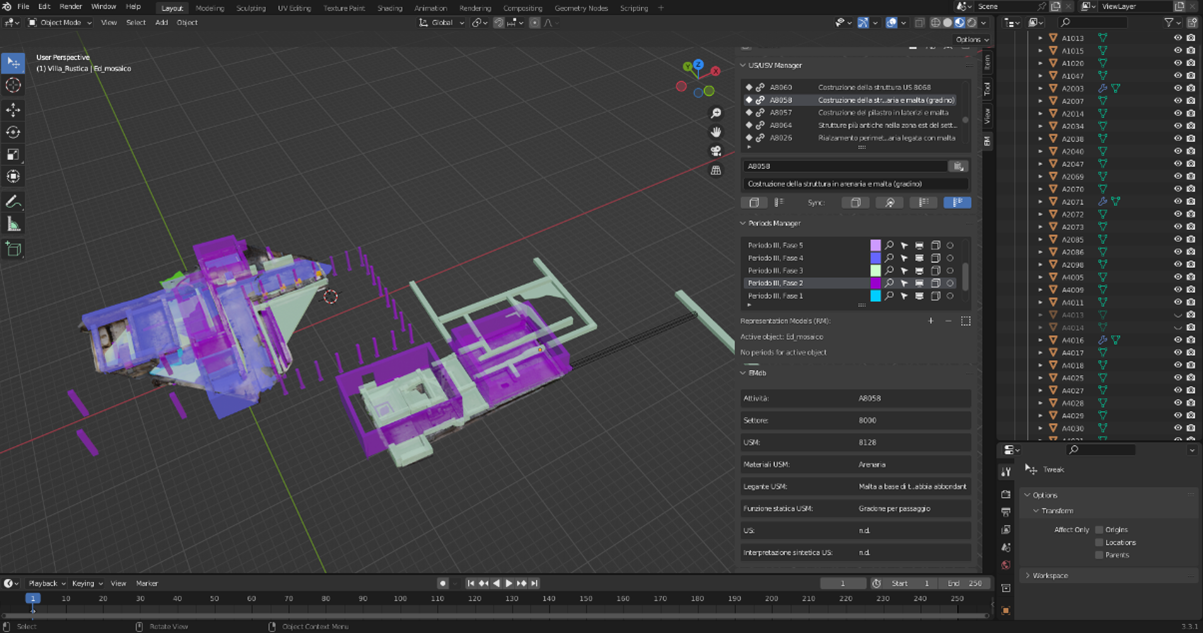
DIGITAL SKILLS FOR CULTURAL HERITAGE
Professors: Gabriele Gattiglia, Salvatore Basile
Email: gabriele.gattiglia@unipi.it
salvatore.basile@cfs.unipi.it
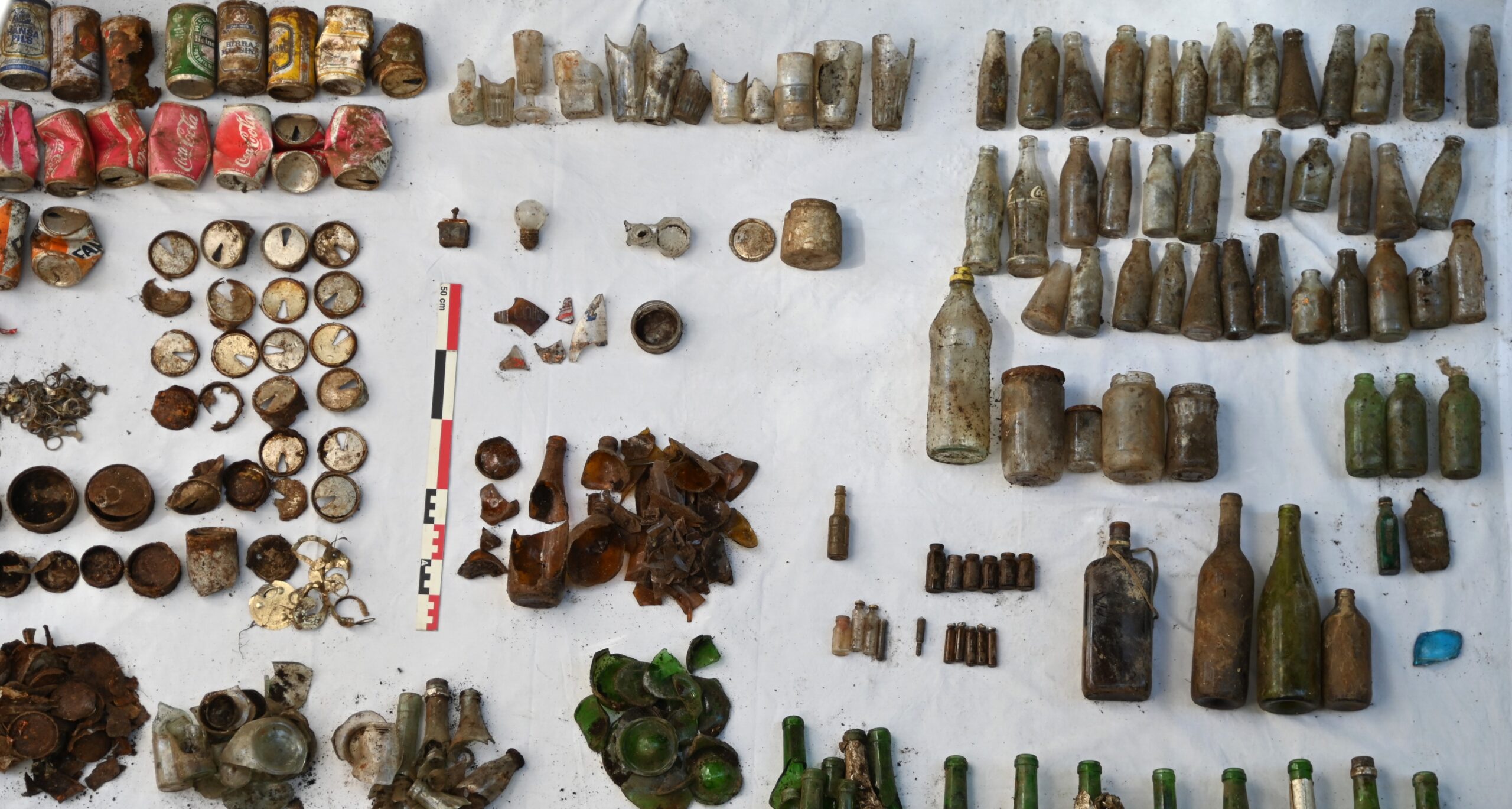
MODERN AND CONTEMPORARY ARCHAEOLOGY
Professor: Francesca Anichini
Email: francesca.anichini@unipi.it
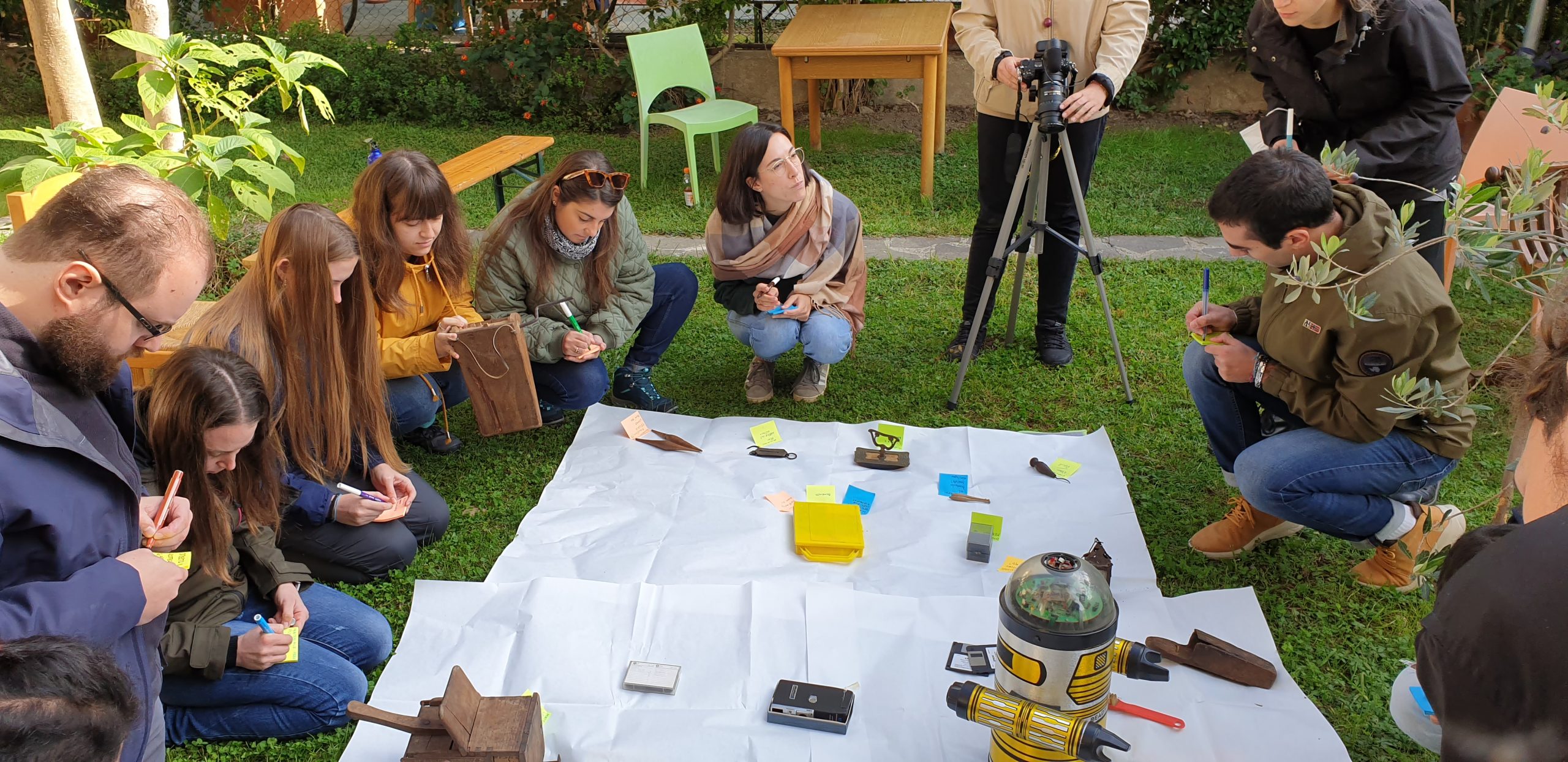
ARCHAEOLOGICAL METHODS AND THEORY
The course, dedicated to Master’s students, aims to provide students with in-depth knowledge of the main archaeological theories that have developed internationally and nationally since the second half of the twentieth century. A particular focus will be dedicated to the theoretical approaches of the new millennium, such as Material Turn, Ontological Turn, Turn to things, Thing theory, Relational turn, Symmetrical archaeology, New materialism, Object agency, Materiality, Peircian semiotic, and Postcolonial studies. The course will illustrate how theory is the necessary tool to interpret the archaeological record for text-free and text-aided archaeology and how it is connected to methods and techniques of investigation. Furthermore, having acquired the theoretical tools through analysing international scientific literature, students will learn to discuss and analyse case studies from different approaches.
Lecturer: Gabriele Gattiglia
https://esami.unipi.it/esami2/programma.php?c=56028
email: gabriele.gattiglia@unipi.it
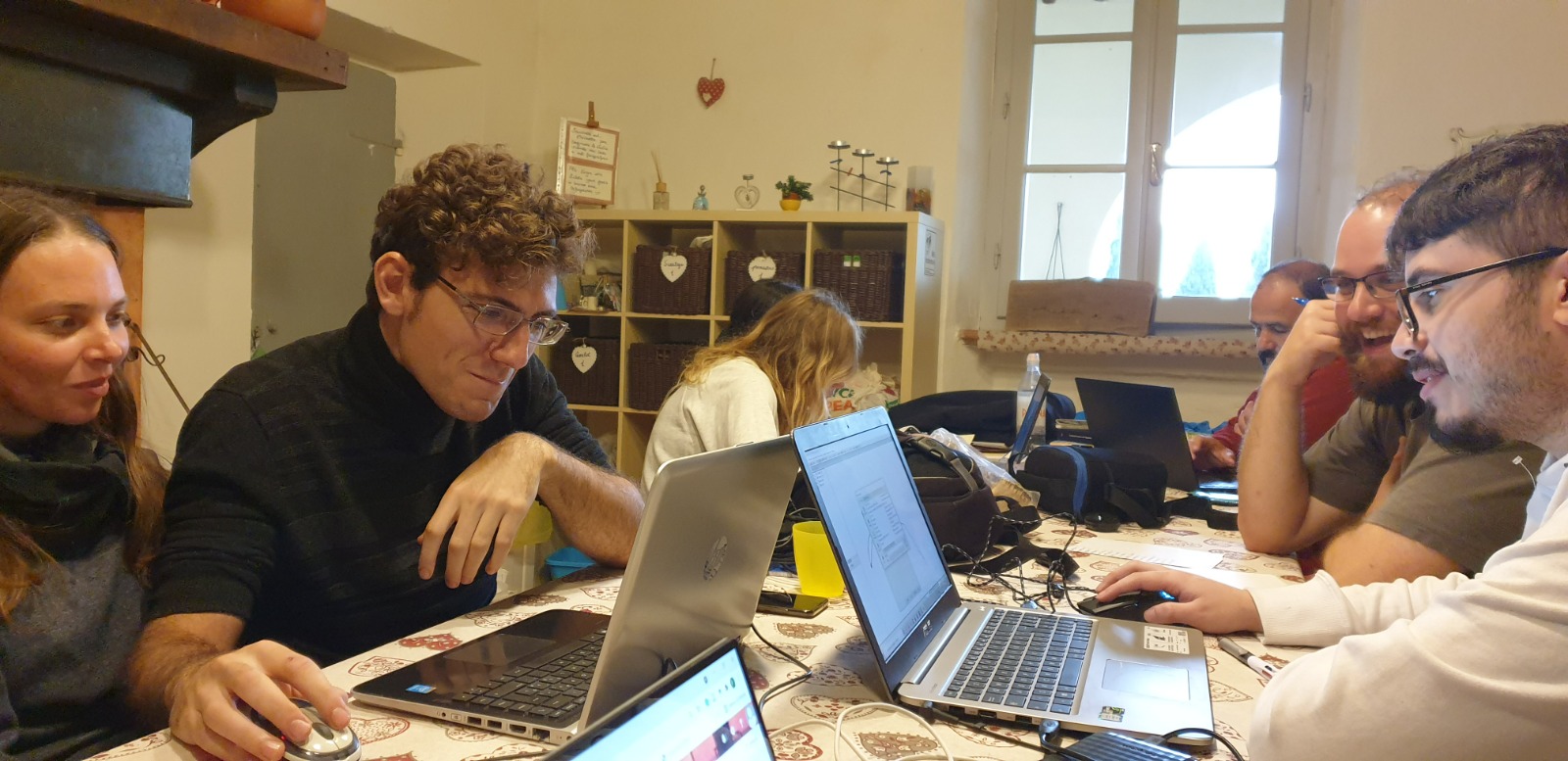
DIGITAL ARCHAEOLOGY
The course, dedicated to the Master’s students, aims to provide a general understanding of the life cycle of archaeological data, from data collection to management, up to analysis and communication, together with
basic knowledge of statistics. In particular, students will be able to acquire knowledge related to open data, analysis of archaeological data, semantic approach, critical use of GIS and innovative approaches in archaeology such as Artificial Intelligence applications. A monographic part of the course will then be dedicated to the main spatial analysis techniques, such as Kernel Density Estimation, map algebra, and proximity analysis.
Lecturers: Gabriele Gattiglia and Nevio Dubbini
https://esami.unipi.it/esami2/programma.php?c=55188
email: gabriele.gattiglia@unipi.it
nevio.dubbini@gmail.com
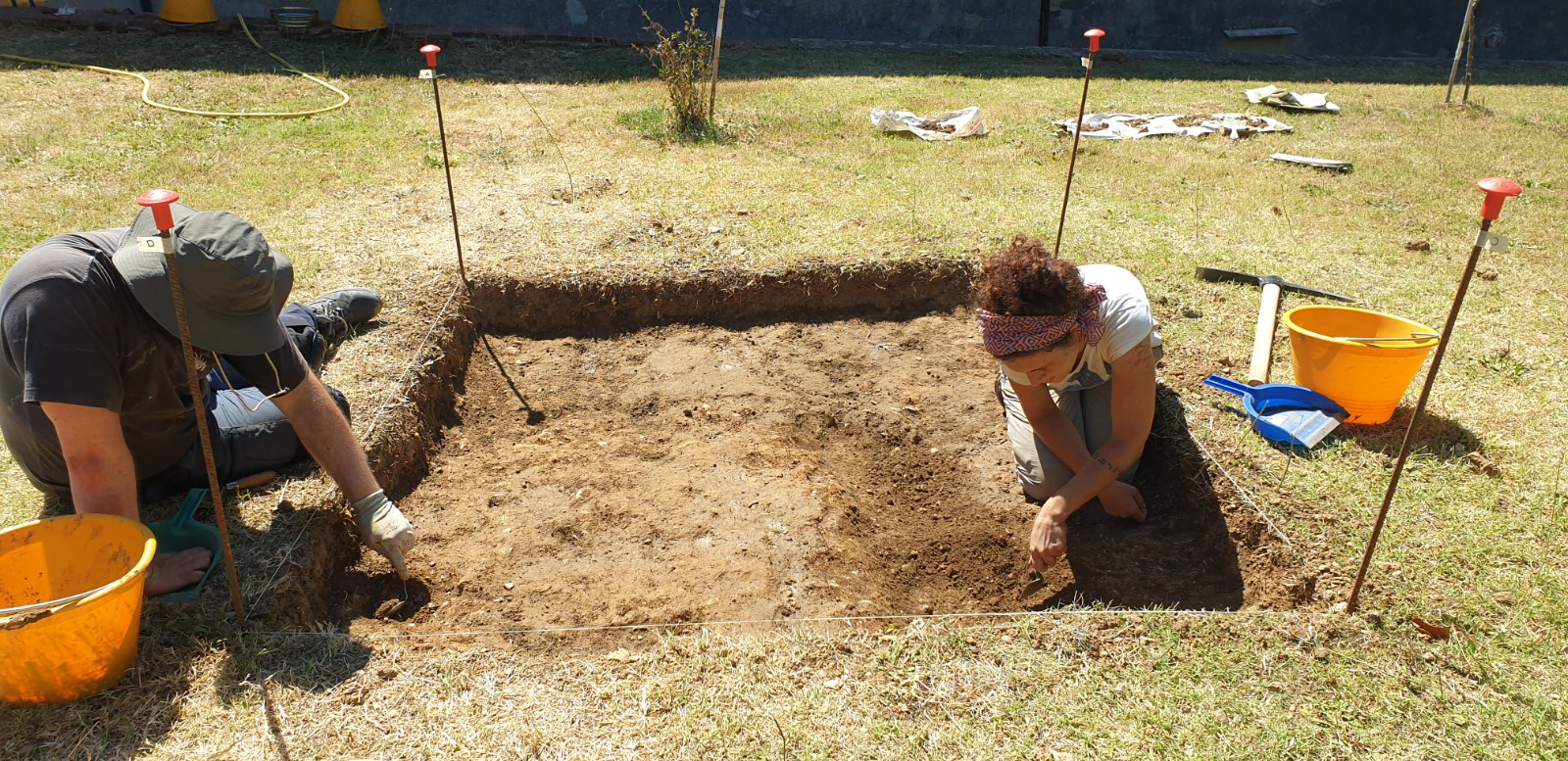
ARCHAEOLOGICAL METHODS
The course, dedicated to BA students, will answer questions like Why do we do archaeology? What is archaeology for? What methods does it employ, and how have recent technical developments revolutionised the discipline? How do archaeologists interpret the data gathered into a narrative about the past? How have theoretical and interpretative frameworks changed over time?
By giving an overview of the main theories in archaeology, with particular attention to the international context from New Archaeology to Material Turn, the course will investigate the key topics in Archaeology, such as environment, society, production and economy, bioarchaeology of people, and archaeological methods. Particular attention will be dedicated to archaeological excavation techniques, archaeological stratigraphy principles, and the Harris Matrix. Finally, information will be given for building a career in archaeology.
Lecturers: Gabriele Gattiglia and Claudia Sciuto
https://esami.unipi.it/esami2/programma.php?c=56035
email: gabriele.gattiglia@unipi.it, claudia.sciuto@unipi.it
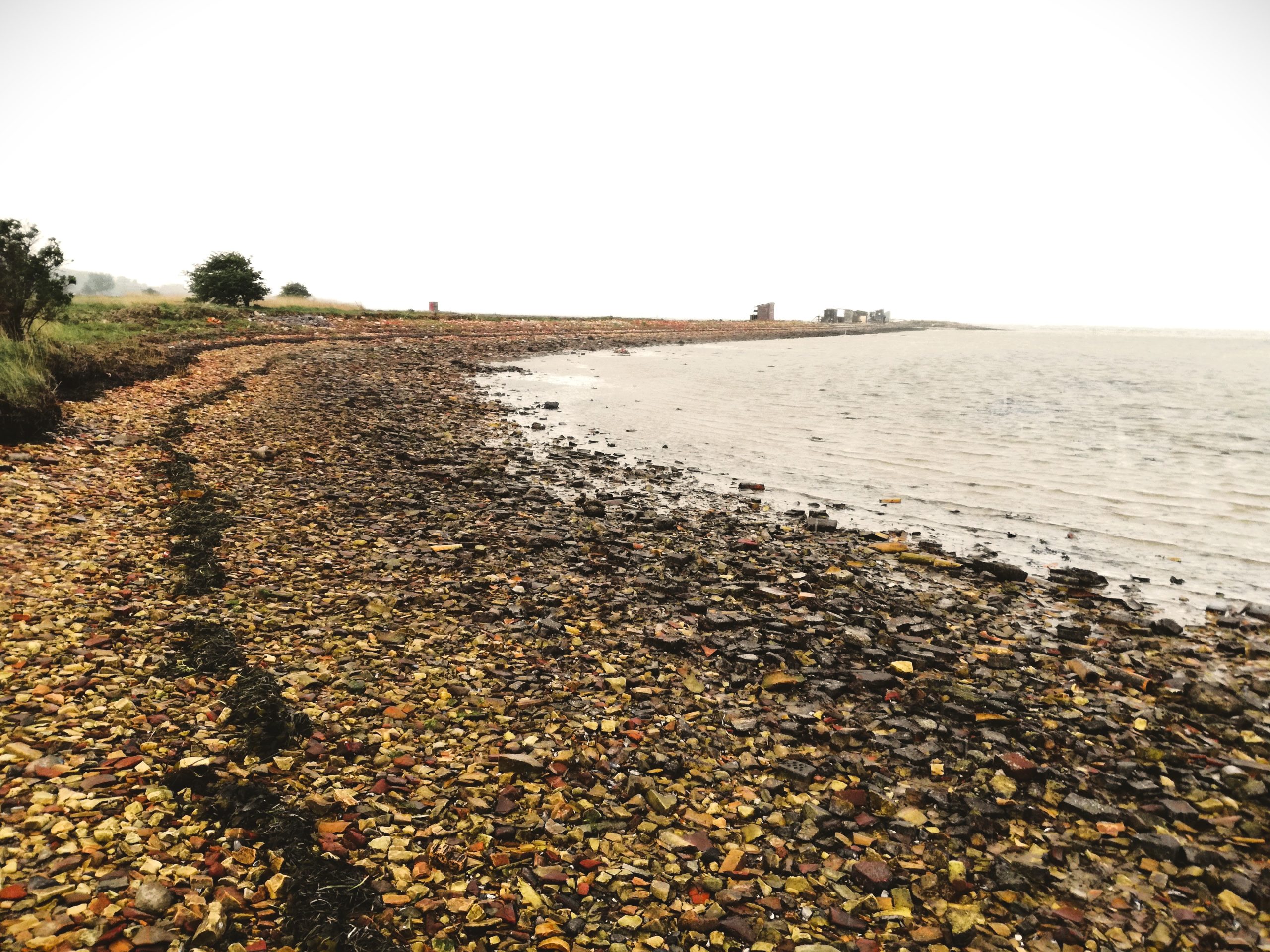
ENVIRONMENTAL ARCHAEOLOGY
The course will cover a variety of topics and provide students in the Master’s degree programme with an overview of the methods of environmental archaeology. Human communities, ecologies and climate change will be discussed through the analysis of organic and inorganic proxies. Students will examine and process data useful in defining the relationships that develop between humans and non-humans within ecosystems. The course involves dynamic and diverse teaching, including lectures, seminars and workshops in which case studies in different geographical and chronological contexts will be addressed, allowing for the discussion of cross-cutting issues that affect our present and the future of the planet.
Lecturers: Claudia Sciuto and Salvatore Basile
Email: claudia.sciuto@unipi.it; salvatore.basile@cfs.unipi.it
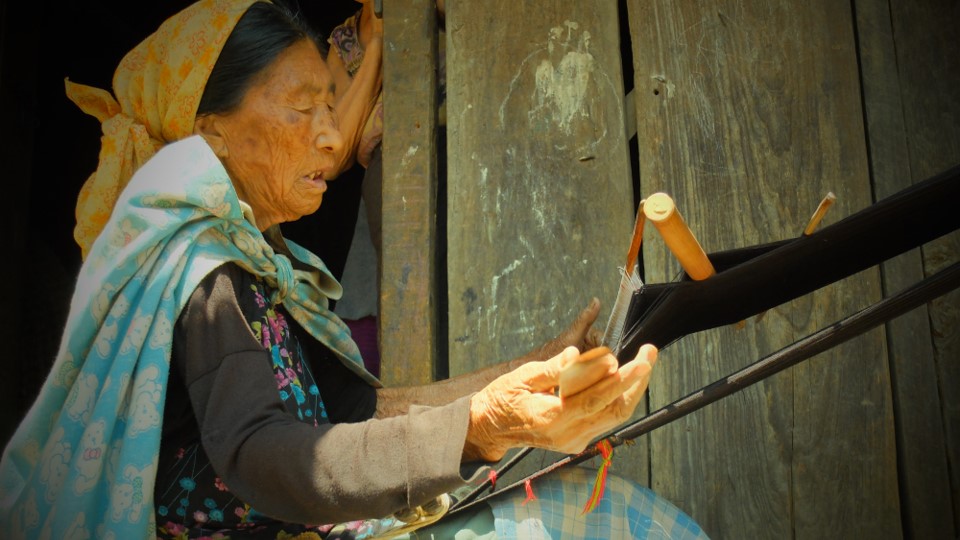
ARCHAEOLOGY OF PRODUCTION
The course, aimed at master students, aims to explore the world of technique and production in a diachronic perspective. The theoretical assumptions on which to base an analysis of production systems on different scales will be explored, examining the perspective of the anthropology of techniques and more recent archaeological and philosophical reflections. The course will examine different examples of production cycles, looking at how the relationships between human communities and non-human agents are intertwined in the context of creative processes.
The course will also include some lessons on the application of non-destructive analytical methods for the study of material production processes, with some practical lessons to be held in the Archaeometry and Diagnostics Laboratory.
Lecturer: Claudia Sciuto
Emai: claudia.sciuto@unipi.it
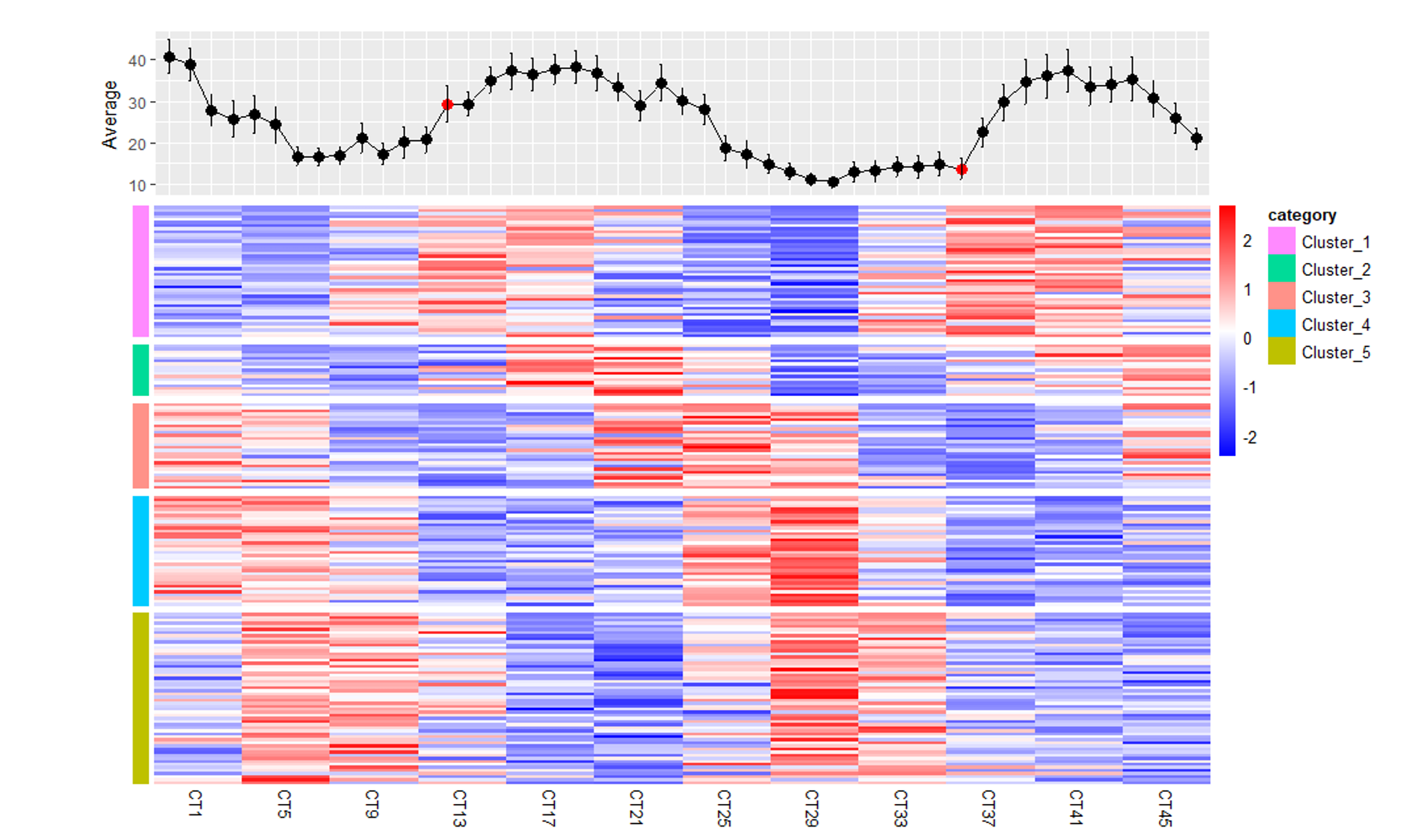
The course will provide the students with the technical vocabulary of Statistics applied to Archaeology and Cultural Heritage, focusing on some base methods of statistics and data visualisation techniques, through the use of the R statistical software.
The students will acquire awareness to topics related to statistical processing of data, in order to fomrulate informed opinions about e.g. data quality, possibility of deriving objective conclusion, refined and systematic usage of information.
Lecture: Nevio Dubbini
Email: nevio.dubbini@gmail.com
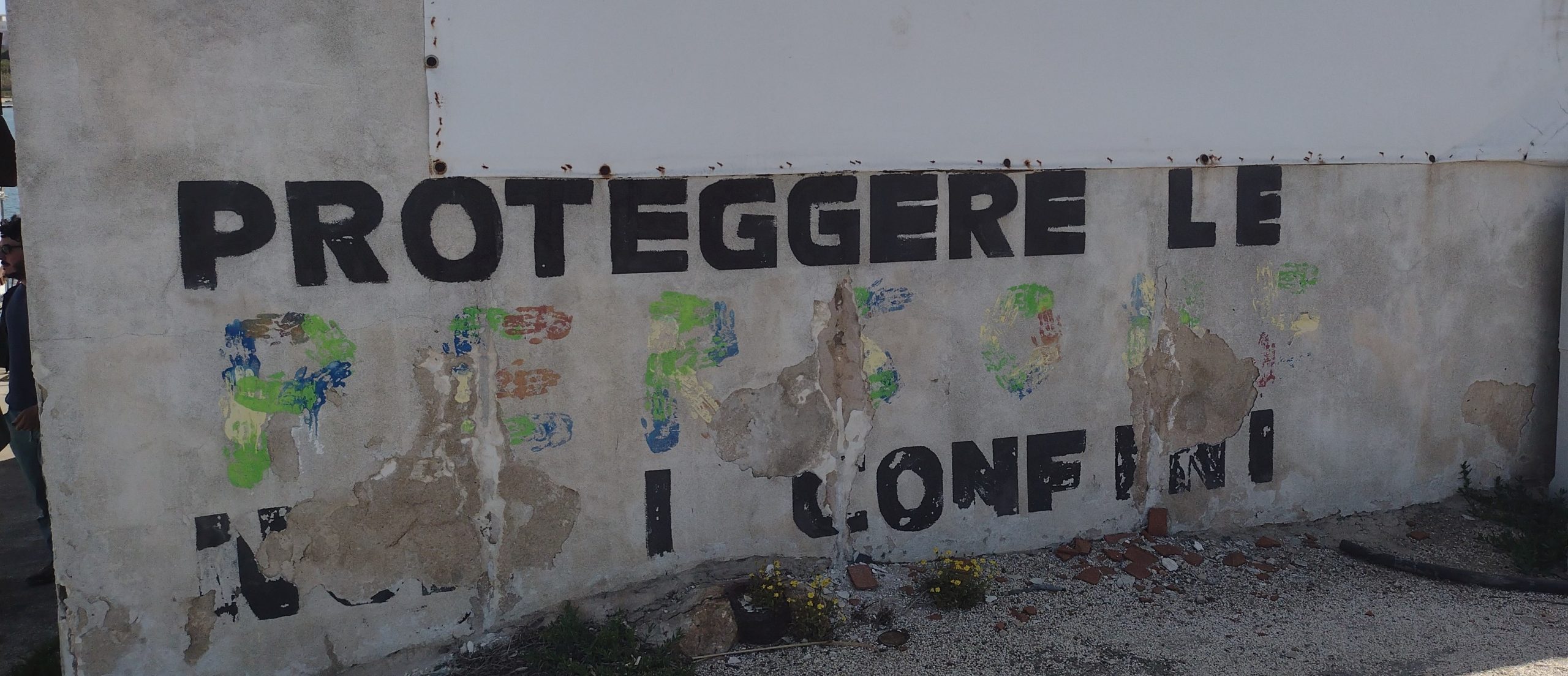
e-COOL: Ethnographies of Communities, Objects and places in Lampedusa (2022)
-Special Teaching Project of the University of Pisa-
In the last two years, Lampedusa has been a focus for archaeological and anthropological educational experiences. Following this path, e-COOL project aims to open a new phase where students will be protagonists proposing original research themes. The students will guide an autonomous field campaign on the island, suggesting adopting experimental documentation and communication techniques and designing with teachers and the local community.
More details: https://www.mappalab.eu/en/e-cool-ethnographies-of-communities-objects-and-places-in-lampedusa/
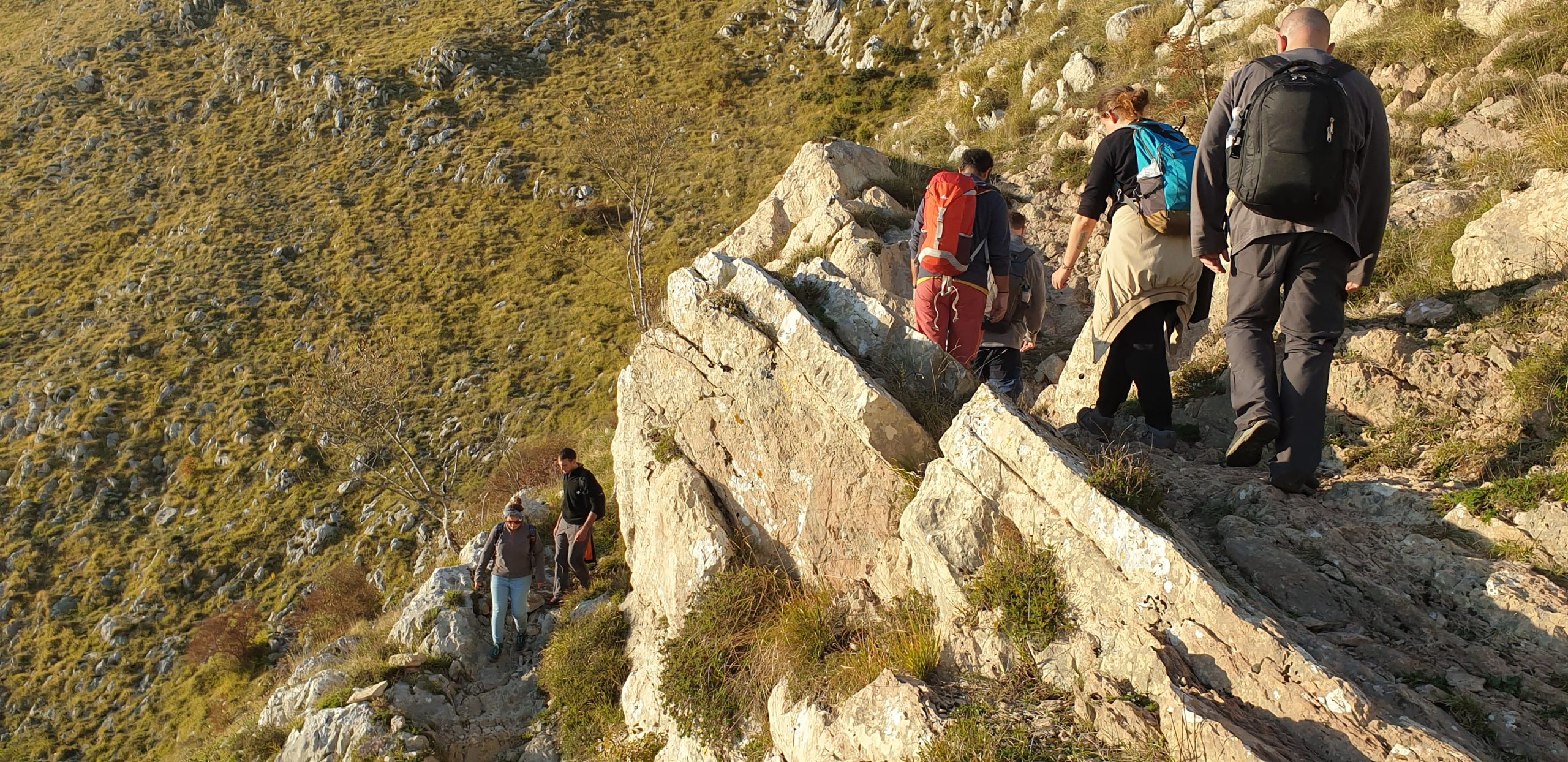
Resurgences: exploring the ecologies of abandonment (2022)
-Special Teaching Project of the University of Pisa-
The purpose of the teaching project is to introduce students to the diachronic study of the abandoned landscapes of the Apuan-Versilian area, exploring the places of resurgence, or those areas that have been the scene of economic and subsistence activities and which are now abandoned. Students will be invited to explore responses multispecies to the abandonment of pastures, forests, cultivated areas, and quarries, documenting how pioneer species (animals and plants) occupy the spaces and how the study of these dynamics can offer important information to reconstruct the multifaceted stories of the mountains.
More details: https://www.mappalab.eu/en/resurgences-exploring-the-ecologies-of-abandonment/
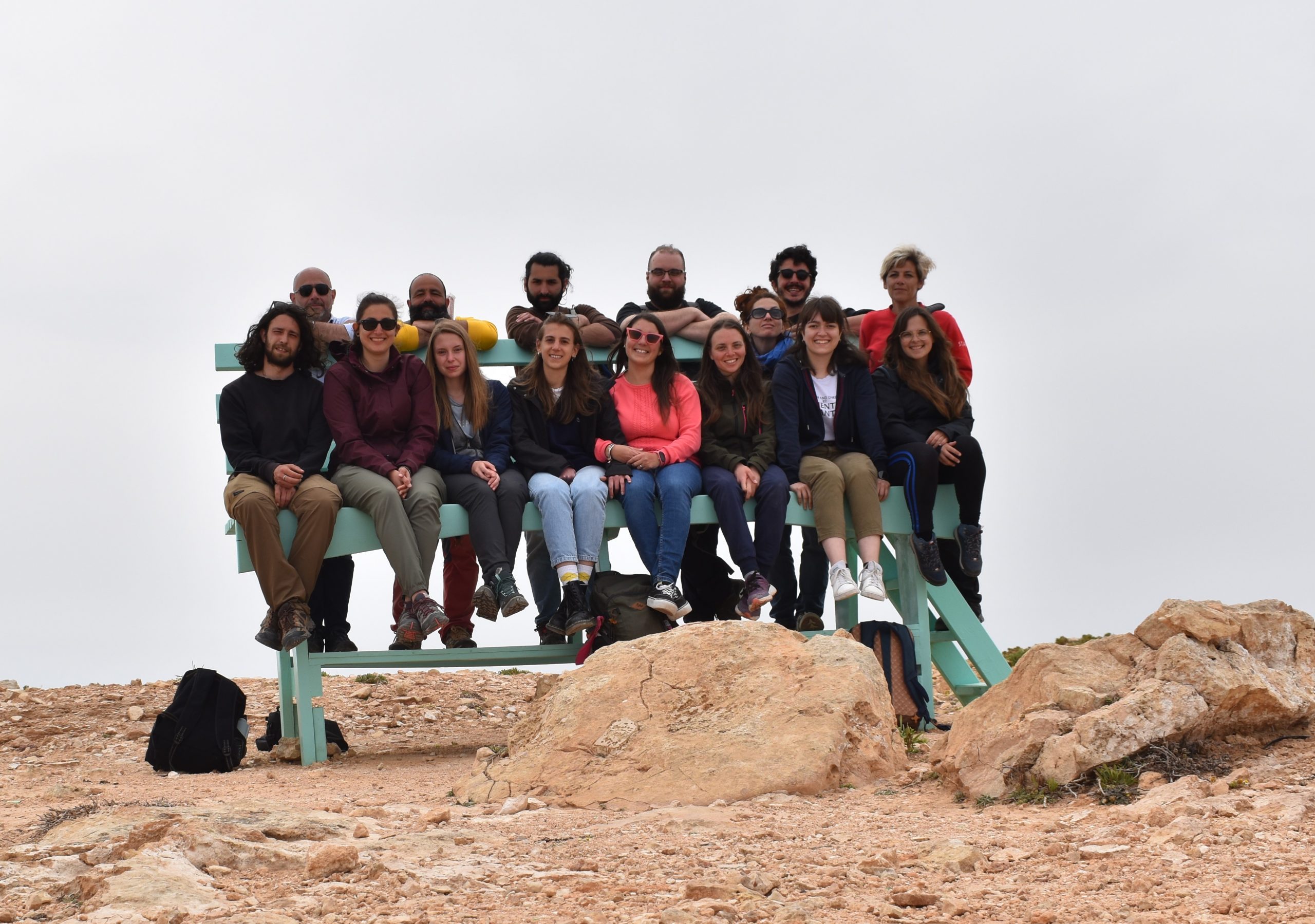
ISOLA: Investigate the global stories of everyday objects in Lampedusa (2022)
-Special Teaching Project of the University of Pisa-
How can material culture be studied and documented in the globalization and consumption era? The educational project ISOLA wants to work on this issue through a multidisciplinary experience, by archaeological, ethnographical and video communication approaches, between Pisa and Lampedusa. The island of Lampedusa has been chosen as a microcosm where global and local complexity crossed and where it’s possible to read this phenomenon through left material traces.
More details: https://www.mappalab.eu/en/isola-2/
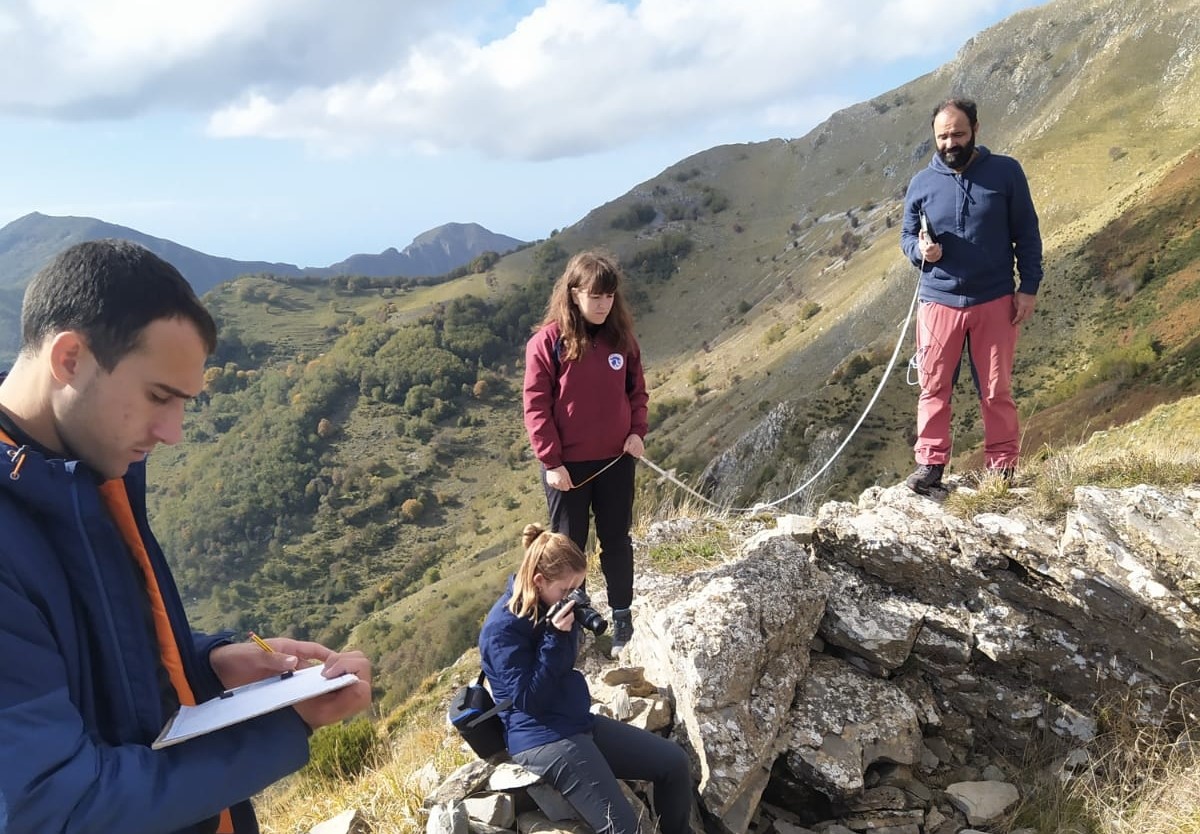
Archaeology of borders (2021-2022)
-Special Teaching Project of the University of Pisa-
Through learning the archaeological method, the anthropology of remembrance, and video documentation, participants can discuss inside an interdisciplinary team, share skills and specific methodological approaches, and build a common way of recording, analysing, and narrating the contemporary borders.
Contemporary borders are the focus of the project.
More details: https://www.mappalab.eu/en/archaeology-of-border/
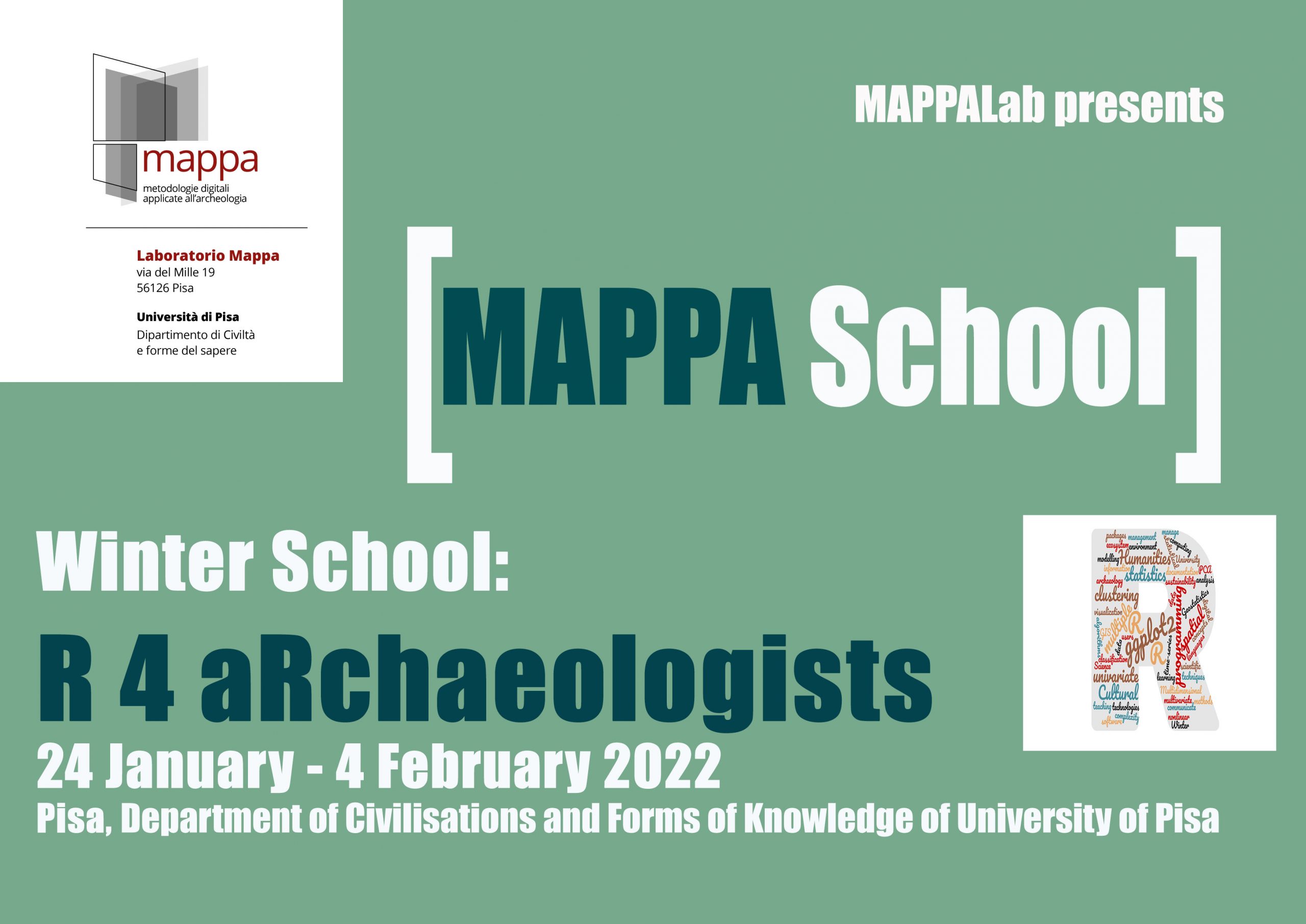
Winter School: R for Archaeologists
The Winter School “R 4 aRchaeologists” aims for a fruitful combination of archaeology and statistics through the teaching of Data analysis, Data mining, and Data visualization techniques. Attendees will learn the concepts and methods of univariate and multivariate analysis, spatial analysis and data visualization through an integrated use of R ecosystem software packages, statistical and practical principles. R is a programming language and free software environment for statistical computing and graphics. R is one of the main programming languages of Data Science, and includes a wide variety of statistical and graphical techniques, including linear and nonlinear modelling, statistical tests, spatial statistics, time-series analysis, classification, clustering, and others.
The Winter School will last 60 hours, and will be held online from January 24th to February 4th 2022, organized by the Department of Civilisations and Forms of Knowledge of University of Pisa, Italy.
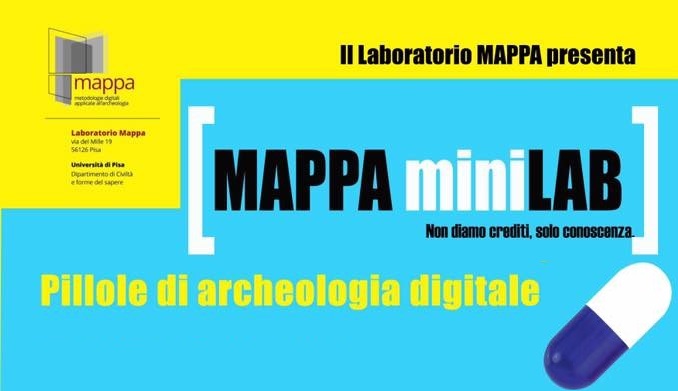
MiniLAB
The miniLAB series was inaugurated by the MappaLab according to the principle: “We do not give credits, just knowledge”. It consists in providing students of the University of Pisa with absolutely free skills on specific topics of digital archeology that are not normally covered in a standard archeology background, but that represent highly innovative knowledge. Fundamental knowledge also at work, for those who want to know and develop the skills related to the digital archeology sector. The MiniLABs provide digital archeology pills according to a format that includes short but intense thematic workshops. The events that took place:
Text mining. The art of freeing the data imprisoned in a text (22 and 29 November 2018)
Linked data: the art of querying and re-using data on the web (14 and 21 March 2019)
Open Source software: an introduction to Zotero (28 May 2020)
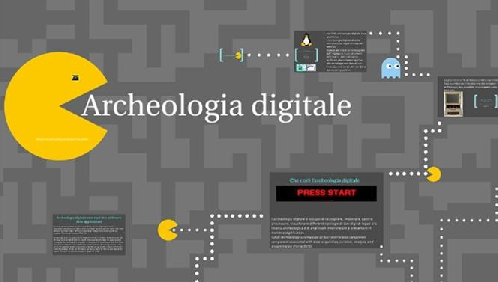
Digital Archaeology
The Digital Archeology class develops around the concept of archaeological data, analysing its path from data recording to management, conservation, analysis and dissemination. The course proposes a learning by doing approach. In the beginning, the class aims to build the theoretical bases on the use of databases, Open Data, Open Access, raw archaeological data, repositories, semantic interoperability, and basic statistics. Then a series of practical activities based on the use of open-source software such as OpenRefine and qGIS guides the students to the spatial and statistical analysis of the data and their visualisation and dissemination. At the end of the course, students acquire competencies for autonomously composing a data paper starting from data found on the net or created by them; they are able to clean them, add metadata and licenses, analyse them and suggest possible further reuse.
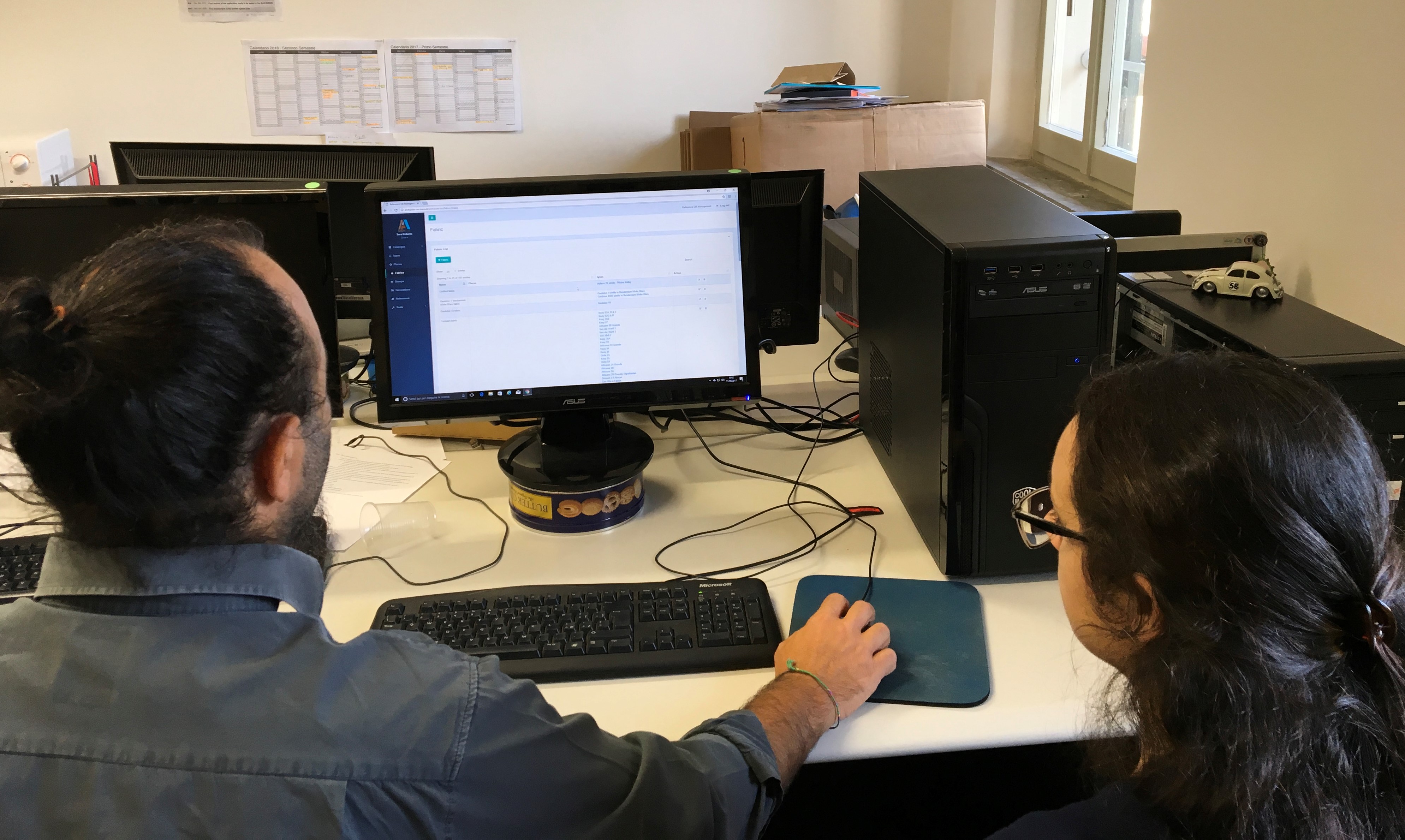
Training internships
Thanks to training internships, students have the opportunity to work collaboratively participating in laboratory activities, acquiring practical skills in Digital Archeology and in particular in the use of archaeological GIS, in the construction and implementation of databases, in 3D photogrammetry techniques, in the NLP and digital communication approaches.
Due to the new rules dictated by the health emergency, training internships can only be activated remotely. MAPPALab offers students – with priority to those who are about to graduate and must complete the CFU – to participate in digital archaeology projects with remote tutoring. For information contact prof. Gattiglia:
gabriele.gattiglia@unipi.it

Communicating and planning archaeological research
It is a common practice to consider the results of archaeological research as something strictly academic, intended for specialists only and conveyed to a wider public only through a drastic simplification. Humanities scholars, especially archaeologists, have a hard time effectively disseminating their activities, as well as advertising their aims and results and conveying the socio-cultural benefits of their research. The MAPPA Lab pays attention to communication planning, developing strategies aimed at reaching different audiences in order to facilitate the understanding of scientific concepts and encourage collaboration with researchers outside the laboratory. Thanks to the use of different media and communication tools, the MAPPA Lab carefully designs communication and dissemination plans for each research project.
Furthermore, the MAPPA Lab supplies training in this area through the course of “Archaeology, communication and European planning” at the School of Specialization in Archaeology of the University of Pisa.
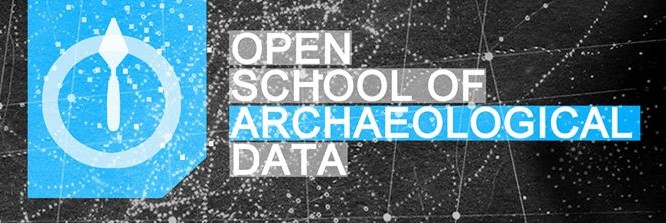
Open School of Archaeological Data 2014-2015
The course included an open training course dedicated to the acquisition of knowledge and techniques of data-archeology, structured in lectures and practical exercises. The participants had the opportunity to work with data, learn to handle them, produce visualizations. The aim was to provide basic notions that could allow working with open data, in order to understand its potential and encourage the use of Open Data in archeology.
We believe that open data is the present and the future of Italian archeology, therefore it is important to form specific skills among archaeologists, allowing them to fully understand the importance of free sharing of research data, to acquire the skills necessary to open and above all to re-use data to broaden their professional and research perspectives.
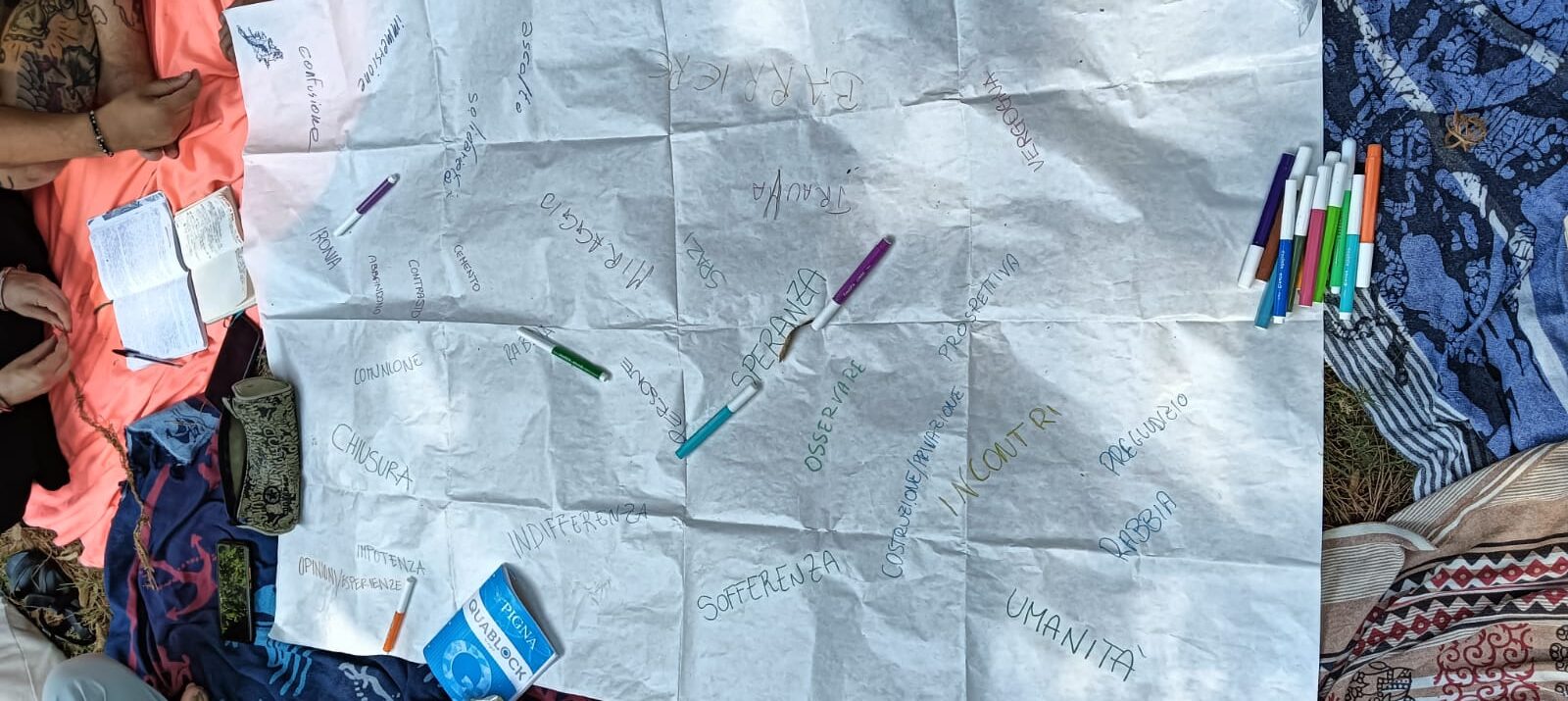
LI.MA. – Liminal MAteriality
To learn more: https://www.mappalab.eu/en/li-ma-liminal-materiality/

